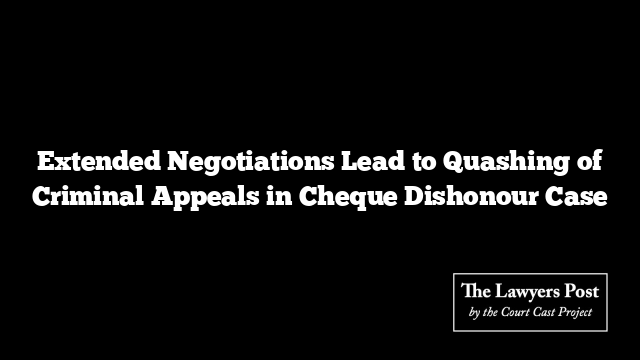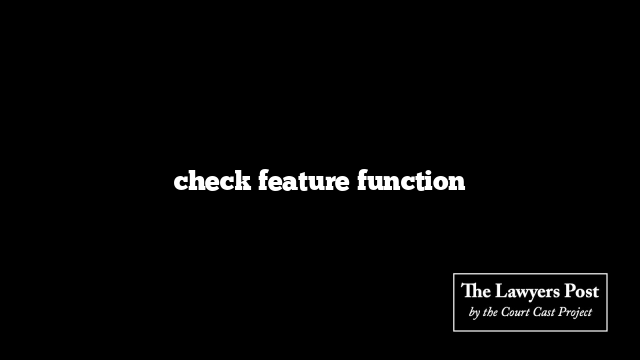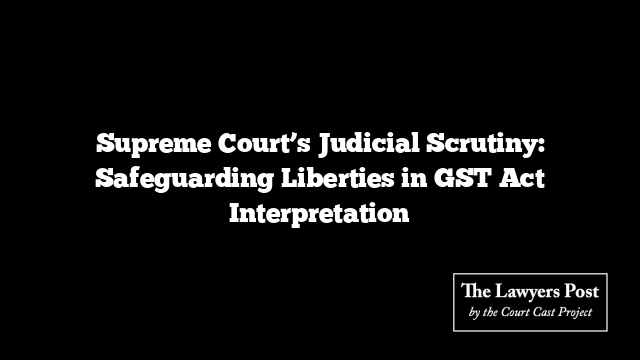In a conclusive judgment by the Supreme Court of India, all criminal proceedings related to a cheque dishonour case under Section 138 of the Negotiable Instruments Act, initially arising from a failed business transaction in 2012, were quashed. The appellant, after a series of legal battles and negotiations, succeeded in fully compensating the complainant with an additional interest payment, leading to this landmark decision.
The legal journey, marked by appeals and negotiations, showcased the judiciary’s evolving stance on balancing punitive measures with compensatory justice in cheque dishonour cases. The Court, invoking Article 142 of the Constitution, decided to end the litigation to ensure justice was served through compensation rather than prolonged criminal penalties.
This decision underscores the judicial emphasis on the settlement and compensation over punitive measures, particularly in commercial disputes involving negotiable instruments. The ruling also highlights the Court’s discretion in cases where full repayment is made, showing a preference for resolution that restores financial harm over extending criminal proceedings.
| Case Title | Judge(s) | Lawyer(s) | Date of Order |
|---|---|---|---|
| Raj Reddy Kallem v. The State of Haryana & Anr | A.S. Bopanna, Sudhanshu Dhulia | Not Specified | April 08, 2024 |
| Key Point | Finding |
|---|---|
| Application of Article 142 | Utilized to ensure complete justice by quashing ongoing criminal proceedings |
| Role of Compounding in NI Act | Emphasized compounding over prosecution, highlighting the importance of repayment and settlement |
| Judicial Approach to Repayment | Acknowledged full repayment and additional interest as grounds for quashing the criminal proceedings |
| Date | Event |
|---|---|
| 2012 | Initial transaction and payment failure |
| 2013-2014 | Commencement of criminal proceedings under the NI Act and IPC |
| 2015 | Initial conviction and settlement through Lok Adalat |
| 2016 | Settlement declared frustrated by trial court |
| 2019-2020 | Subsequent appeals and partial repayments |
| 2023 | Supreme Court’s interim orders for repayment |
| 2024 | Final settlement, repayment, and quashing of proceedings |
This judgment not only concludes a lengthy legal dispute but also sets a significant precedent on the judicial handling of cheque dishonour cases, emphasizing the role of restitution and the potential for legal remedies beyond the criminal justice framework.





